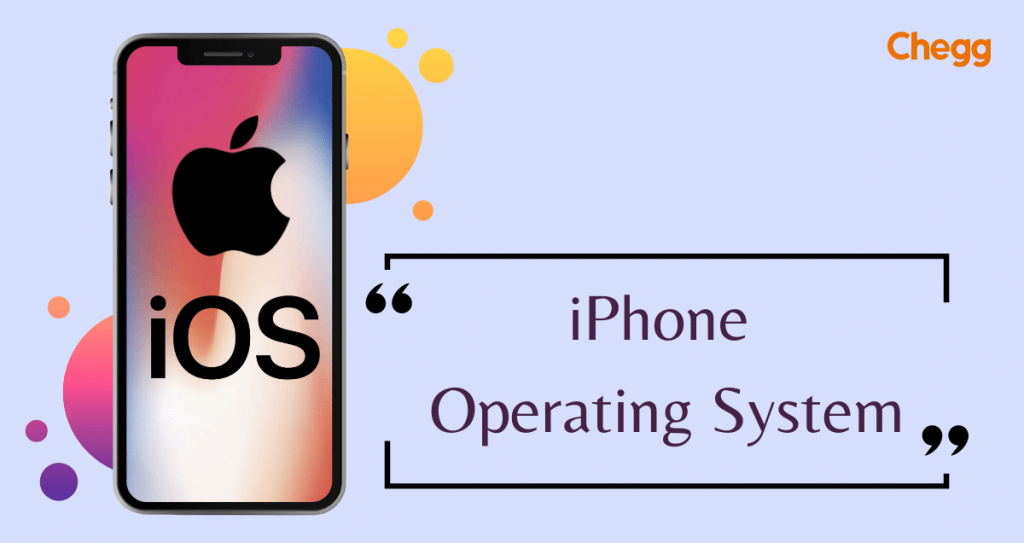The iOS operating system, developed by Apple Inc., stands for “iPhone Operating System.” Initially launched in 2007, it was created specifically for Apple’s mobile devices, including the iPhone, iPad, and iPod Touch. Over the years, iOS has evolved significantly, introducing new features, enhancements, and security measures to provide a seamless user experience.
The Evolution of iOS
Since its inception, iOS has undergone numerous updates, each version bringing new capabilities and improvements. The operating system transitioned from a simple platform for mobile applications to a sophisticated ecosystem that supports a wide range of functionalities, including gaming, productivity, and multimedia. With each iteration, Apple has focused on enhancing user experience, optimizing performance, and ensuring security.
Key Features of iOS
One of the standout features of iOS is its user-friendly interface, which is designed for ease of navigation. The home screen, with its grid layout of app icons, allows users to access their favorite applications quickly. Additionally, iOS supports multitasking, enabling users to switch between apps seamlessly without losing their place.
Another significant aspect of iOS is its App Store, which offers millions of applications across various categories. This platform has empowered developers to create innovative apps, contributing to the overall richness of the iOS ecosystem. The strict app review process ensures that users have access to high-quality applications while minimizing the risks of malware and security breaches.
Security and Privacy
Apple places a strong emphasis on security and privacy within the iOS operating system. Features such as Face ID, Touch ID, and end-to-end encryption for iMessages and FaceTime provide users with peace of mind regarding their data. Regular software updates are also a hallmark of iOS, ensuring that vulnerabilities are patched promptly.
Moreover, Apple’s commitment to user privacy is evident in features like App Tracking Transparency, which gives users control over how their data is shared with third parties. This focus on privacy has positioned Apple as a leader in the tech industry, appealing to consumers who prioritize security in their digital lives.
The Future of iOS
As technology continues to advance, the future of iOS looks promising. With the rise of artificial intelligence and machine learning, we can expect to see more intelligent features integrated into the operating system. Apple has already begun to incorporate AI-driven functionalities, such as Siri’s enhanced capabilities and personalized app suggestions.
Additionally, the growing trend of interconnected devices, often referred to as the Internet of Things (IoT), will likely influence the direction of iOS. Apple is already making strides in this area with features like HomeKit, which allows users to control smart home devices directly from their iOS devices.
Conclusion
In summary, the iOS operating system, standing for “iPhone Operating System,” has come a long way since its launch in 2007. With a focus on user experience, security, and privacy, it has established itself as a leading platform for mobile devices. As we look to the future, we can anticipate continued innovation and enhancements that will further enrich the iOS ecosystem, making it an integral part of our daily lives. Whether you are a long-time user or new to the platform, iOS offers a robust and secure environment for all your mobile needs.
